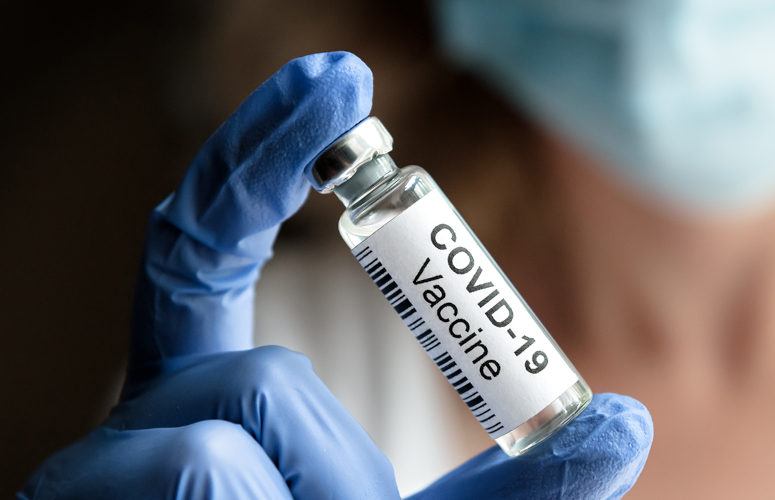
Agreement Reached on $15 an Hour Minimum Wage Legislation
On Jan 17, 2019Gov. Phil Murphy, Senate President Steve Sweeney, and Assembly Speaker Craig Coughlin announced an agreement on legislation to raise New Jersey’s minimum wage to $15/hour. The agreement is the result of months of deliberative and thorough negotiations between the Governor’s Office, Senate, and General Assembly to institute a $15/hour minimum wage, raising wages for over one million workers and promoting broad-based economic growth.
“Today, we are taking a historic step to provide more than one million New Jersey workers a stronger foothold in the middle class,” said Governor Murphy. “No one working a full-time join should ever live in poverty. Putting the minimum wage on a clear and responsible path to $15/hour is good for workers, good for our businesses, and good for our economy. A higher minimum wage strengthens all of New Jersey. I thank Senate President Sweeney and Speaker Coughlin for their commitment to this issue, and look forward to signing this legislation into law.”
“This is a progressive plan to elevate New Jersey’s minimum wage to $15 so that workers have a fair wage that allows them to support themselves and their families,” said Senate President Sweeney. “This plan will put New Jersey in the forefront of the national movement to build a high-wage economy.
“It will increase the wages for farm workers to $12.50 within five years, making it the highest wage for farm worker in the Northeast. The plan includes tax credits for employers who hire people with disabilities, which will support the further integration into the workplace of those with disabilities, giving them the opportunity for meaningful employment and providing employers with highly motivated workers. It also includes a ‘parity’ provision that will provide additional increases for small business and seasonal workers.
“As the increases take effect, we must be sensitive to the impact it will have on working people who are below the ‘safety net’ and could be at risk of losing benefits as their wages increase. We don’t want to see them harmed by lost benefits as they gain in wages.”
“Since the day I was sworn in as Assembly Speaker, I have pledged to do all I can to make New Jersey more affordable. By increasing the minimum wage to $15 an hour by 2024 for the majority of workers we are achieving the goal of lifting people up to improve their quality of life,” said Speaker Coughlin. “We also took into consideration the concerns of our State’s valued small business community. I thank Governor Murphy and Senate President Sweeney for working with me so closely and tirelessly to ensure fairness for future generations of workers.”
Under the legislation, the base minimum wage for New Jersey workers would increase to $10/hour on July 1, 2019. By January 1, 2020, the statewide minimum wage would increase to $11/hour, and then would increase by $1/hour every January 1st until it reaches $15/hour on January 1, 2024, impacting over one million New Jersey workers.
For seasonal workers and employees at small businesses of five workers or less, the base minimum wage would reach $15/hour by January 1, 2026. By January 1, 2028, workers in these groups will receive the minimum wage inclusive of inflation adjustments that take place from 2024 to 2028, equalizing the minimum wage with the main cohort of New Jersey workers.
For agricultural workers, the base minimum wage would increase to $12.50/hour by January 1, 2024. No later than March 31, 2024, the New Jersey Labor Commissioner and Secretary of Agriculture will jointly decide whether to recommend that the minimum wage for agricultural workers increase to $15/hour by January 1, 2027, as specified in the bill. If they cannot come to an agreement, a third member, appointed by the Governor with the advice and consent of the Senate, will break the tie. If there is a recommendation to disapprove of the scheduled increases or suggest an alternative pathway, the Legislature will have the ability to implement that recommendation by passage of a concurrent resolution.
To access more business news, visit NJB News Now.
Related Articles:





